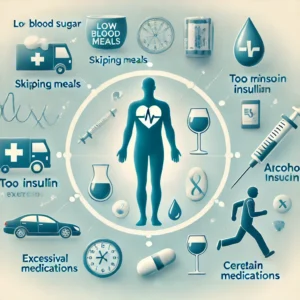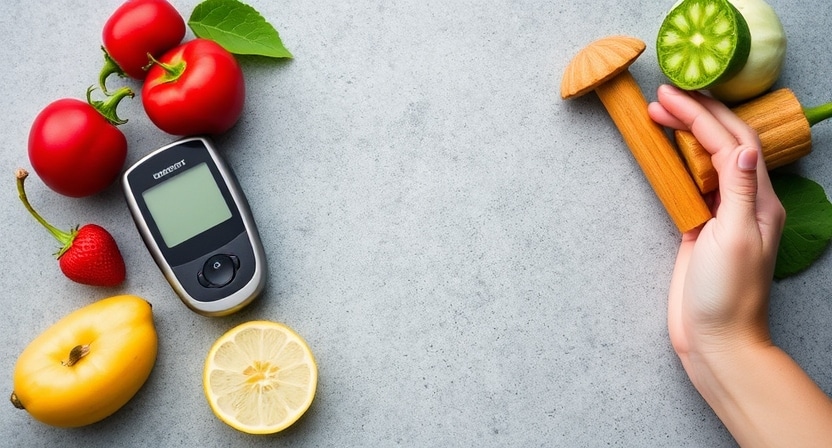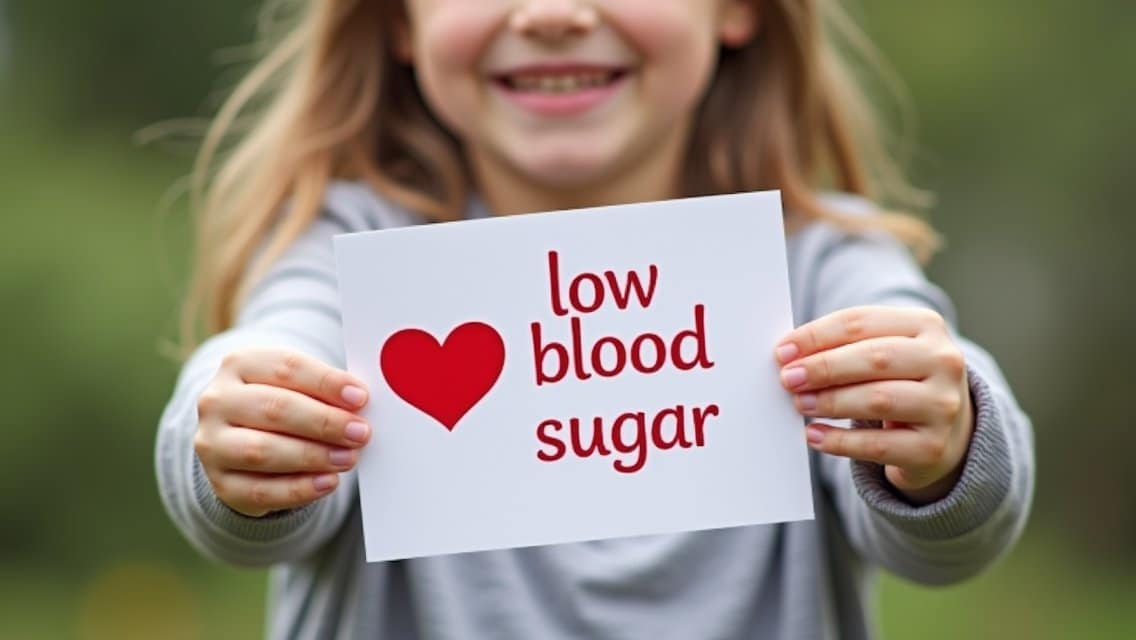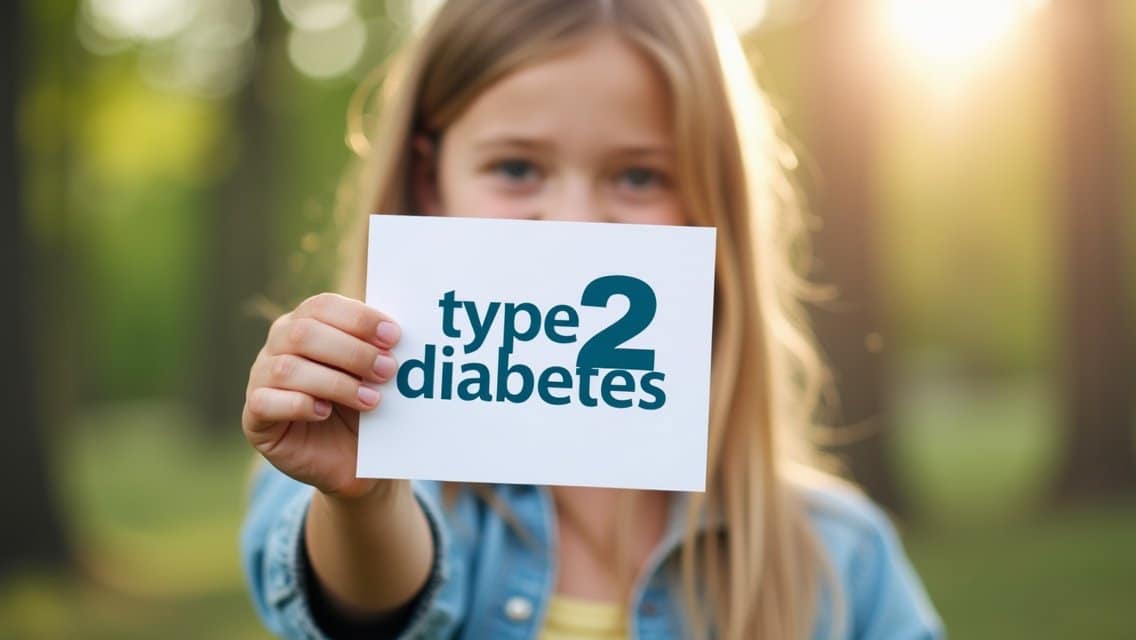Low Blood Sugar Symptoms
Are you worrying about your low blood sugar? Do you want to know the symptoms of low blood sugar? Here you will find low blood sugar symptoms. Once you identify your low blood symptoms, then it would be easy for you to go for treatment.
Useful Articles: 1. What is Diabetes? Basic Information. 2. Natural Treatment for Diabetes. 3. American Diabetes Association
What is Low Blood Sugar?
Low blood sugar, also known as hypoglycemia, occurs when the level of glucose (sugar) in your blood drops below normal. Glucose is the body’s main source of energy, and when it becomes too low, it can lead to a variety of symptoms and health issues.
What is Different Between Diabetes and Blood Sugar?
The key difference between diabetes and low blood sugar (hypoglycemia) is that diabetes is a chronic condition that affects how the body regulates blood sugar, while low blood sugar is a symptom or condition where blood sugar levels drop too low.
What are the Common Causes for Low Blood Sugar?

- Diabetes medication: Insulin or other diabetes medications that lower blood sugar can sometimes cause hypoglycemia.
- Skipping meals: Not eating enough, especially when taking medications for diabetes, can lead to low blood sugar.
- Excessive physical activity: Intense exercise without proper fueling can cause a dip in glucose levels.
- Alcohol consumption: Drinking alcohol, particularly on an empty stomach, can trigger hypoglycemia.
Useful Articles: 1. Treatment for Type 1 Diabetes. 2. Signs of Sugar Diabetes
What are the Symptoms for Low Blood Sugar?
- Shakiness
- Dizziness
- Sweating
- Irritability or mood swings
- Hunger
- Confusion or difficulty concentrating
- Rapid heartbeat

Treatment for Low Blood Sugar
If you have low blood sugar symptoms, then it is good for you to go for treatment. The goal of treatment is to quickly bring blood sugar levels back to normal. Consuming fast-acting carbohydrates like glucose tablets, fruit juice, or sugary snacks can help.
- Monitor blood sugar: Regularly checking blood sugar levels is essential for those at risk, especially people with diabetes.
- Balanced diet: Eating regular meals and snacks that contain a mix of carbohydrates, protein, and fats can help maintain stable blood sugar levels.
- Medication adjustment: For people with diabetes, doctors may adjust insulin or other medications to prevent low blood sugar episodes.
Hypoglycemia can be dangerous if left untreated, especially if it leads to confusion, unconsciousness, or seizures.
Conclusion
Recognizing the symptoms of low blood sugar is crucial, especially for individuals with diabetes.
By acting quickly, hypoglycemia can be managed effectively with fast-acting carbohydrates.
Regular monitoring and careful management of blood sugar levels help prevent further complications.
It’s essential to work with a healthcare provider to adjust treatments if frequent low blood sugar episodes occur.
With proper awareness and treatment, hypoglycemia doesn’t have to interfere with a healthy, active life.





